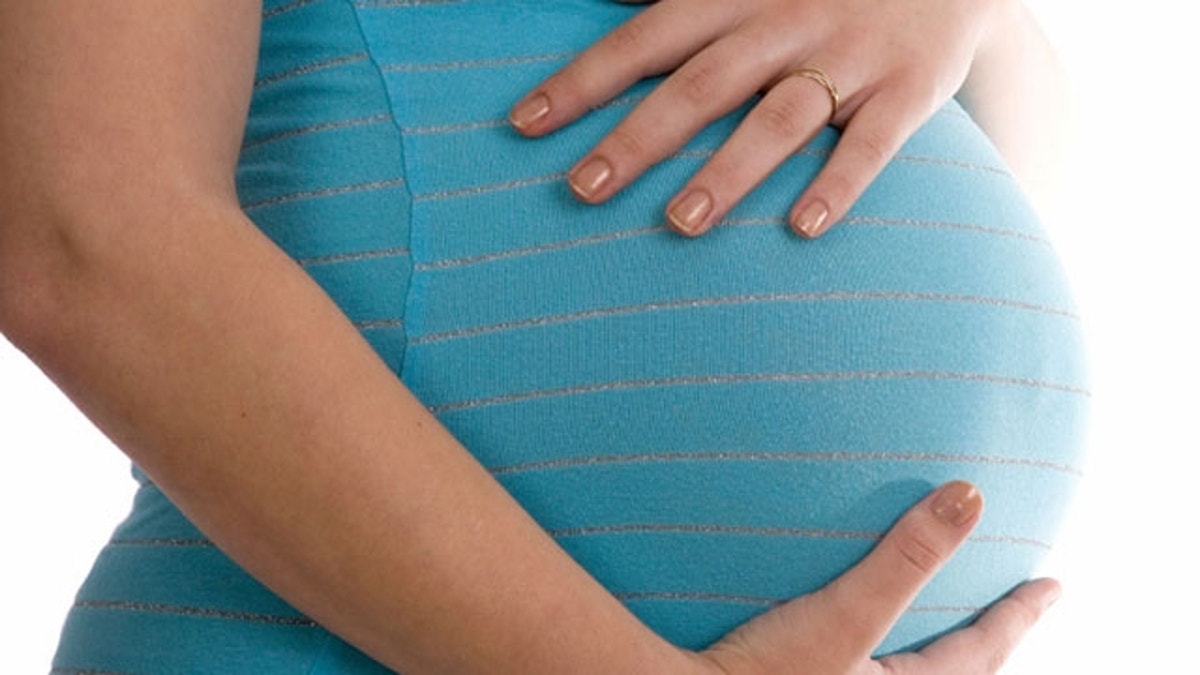
Constipation can be a real nuisance, especially when you’re pregnant and dealing with all of the other changes in your body. It’s very common, as about 72 percent of women experience constipation and other tummy troubles during pregnancy, according to a recent Loyola University Medical Center study. However, you shouldn’t have to live with it until you give birth.
Here, find out why constipation during pregnancy is so common and what you can do to get relief now.
What causes constipation?
Although constipation can happen throughout pregnancy, it’s most common during the first trimester when the hormone progesterone is in full force. Since progesterone relaxes the smooth muscles of the digestive track, food travels through the intestines a lot more slowly, causing constipation, according to Dr. Mary Rosser, assistant professor in the department of obstetrics and gynecology and women's health at Montefiore Medical Center in New York City.
Another major cause of pregnancy constipation is the extra iron from prenatal vitamins, according to Elizabeth Battaglino, a registered nurse in maternal-fetal medicine and a member of the medical advisory board for the Healthy Mama brand.
Diet can also be a culprit, especially because most moms who have morning sickness aren’t usually eating high-fiber foods during the first trimester, according to Sarah Krieger, a registered dietitian and spokesperson for the Academy of Nutrition and Dietetics.
“Everybody eats extremely differently in those first 12 to 13 weeks than before pregnancy. High starch, low fiber foods tend to ease the stomach, but the lower intestines need that fiber,” she said.
If you were prone to constipation before becoming pregnant, chances are it can become an even bigger problem during pregnancy as well, Battaglino said.
Plus, worrying about miscarriage, becoming a mother, or anything else can cause constipation. “Anxiety and stress is huge, and we are noticing more and more its’ effects on all our bodily systems,” Rosser said.
If you’re struggling with constipation, here are some things you can try:
High-fiber foods
Foods with lots of fiber – especially fruits, vegetables, beans, legumes, and whole grains – can move things along. Juice has too much sugar, but prune juice is acceptable and can help, Rosser said.
Water
When you increase fiber, you need to flush it out with water, but chugging it right after a meal can make you feel bloated or even more nauseas. Instead, drink water in between meals and bring a bottle with you wherever you go.
Exercise
You might be exhausted, but walking for five to 10 minutes right after meals can help constipation and other pregnancy ailments too.
Rethink prenatal vitamins
Talk with your doctor about taking a prenatal vitamin that has iron in a more digestible format or even stopping them during the first trimester, Rosser said. Either way, 1 milligram of folic acid per day is a must for any pregnant woman.
Coffee
Coffee in small amounts and warm liquids like tea and soup can stimulate the gut and get the GI tract moving.
Don’t hold it
Go to the bathroom when you feel an urge, because holding it in can make it worse and cause hemorrhoids later.
Stool softeners
If your constipation is still a problem, speak with your doctor about using a stool softener. They’re safe during pregnancy and are okay when taken up to three times a day, but they can take two to three days to work.
Laxatives
Gentle laxatives are safe but it’s important to talk to your doctor before you take them, because your body can become dependent on them, Rosser said.







































